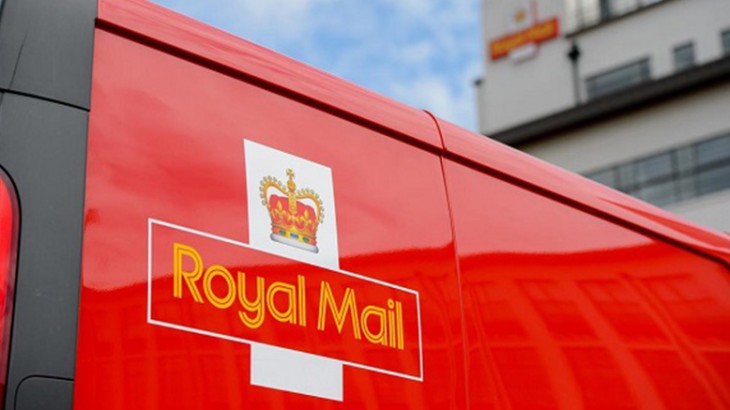Clean and green

Our five-year environment strategy includes a commitment to adopting existing and new technologies that will help reduce the emissions associated with our operations.
With our fleet of circa 48,000 vehicles being one of the largest in the UK, we’re proactively exploring alternative vehicles and fuels that yield low or even zero emissions. The 295 zero-emission vehicles already in our fleet (excluding e-trikes) are just the start of much bigger plans.
When Aberdeen City Council invited us to trial a hydrogen-powered, long-wheelbase Ford Transit van for 12 months, we welcomed the opportunity.
The converted Ford Transit van, which is on loan to Altens Delivery Office in Aberdeen, is wrapped in our corporate red livery. The van is slightly larger than a typical Royal Mail van, potentially making it suitable to support our growth in parcel deliveries. Able to accommodate letters, cards and parcels of all sizes, it will be used for collection and delivery duties on various postal routes in the Altens area as part of the unit’s allocated fleet. The vehicle will fuel up at Aberdeen City Council’s facility, which is located next to Altens Delivery Office; and the council will maintain it throughout the trial.
Hydrogen is a much cleaner fuel alternative as it fuels vehicles through electrolysis. Electrical current is used to split water (H2O) into hydrogen and oxygen. If energy from renewable sources is used to power the electrolysis process and used in a fuel cell as a source of power for vehicles, hydrogen provides a zero-emission fuel that produces water vapour instead of carbon dioxide and other emissions. The ‘green’ hydrogen in this trial makes it particularly interesting.
Hydrogen also has a longer range and is quicker to fuel than many electric vehicles (the fuelling time is similar to equivalent petrol or diesel vans). Up to 60 per cent of the trial van’s power is generated by ‘green’ hydrogen, with the remainder of the power during the trial coming from diesel fuel. Designed for use on roads and highways, the trial van can travel up to 120 miles in dual fuel mode.
The trial is part of the EU-funded Civitas Portis project and marks Aberdeen’s drive for better air quality as well as more sustainable transport options. It not only confirms the good working relationship we enjoy with Government at all levels across the UK, but also recognises our position as a responsible corporate citizen, helping to protect people’s health by caring for the environment. The CWU has endorsed the trial, which began on Monday 30 November.
This project marks the first time that hydrogen has been trialled in our fleet since 2010. As technology has evolved significantly since then, we are keen to understand how hydrogen can operate within our fleet – particularly for larger vehicles and longer routes, where electricity may not be a viable alternative fuel.



